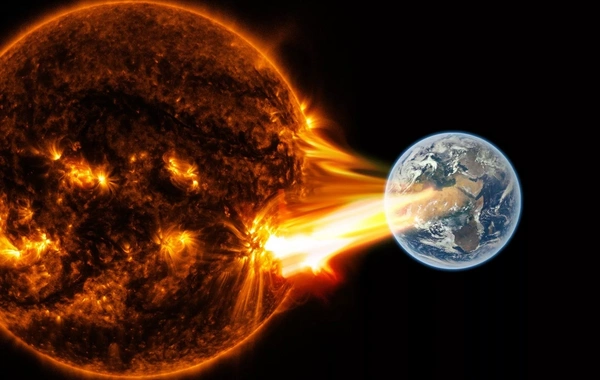Earth's population may be larger than officially estimated

The number of people inhabiting Earth may significantly exceed the officially stated 8.2 billion - this unexpected conclusion was reached by the authors of a study published in the journal Nature Communications. According to them, the reason for the underestimated figures is the systematic undercounting of rural residents in many countries.
Environmental engineer Josias Lang-Ritter and his colleagues from Aalto University (Finland) began their calculations after questioning data on the demographic consequences of dam construction. In their work, they relied on information about 307 dam projects in 35 countries, including China, Brazil, Australia, and Poland, implemented from 1980 to 2010. The scientists compared the number of displaced people caused by these projects with official population statistics broken down by grid squares.
Analysis of five key datasets revealed errors ranging from −53% to −84%. "We were shocked by the scale of the underestimation," noted Lang-Ritter. This led researchers to think that the total population of the planet might also be underestimated.
Lang-Ritter did not specify the exact scale of the discrepancies, limiting himself to the remark: "Current estimates are likely too cautious, and there are probably significantly more than 8 billion people on Earth." He attributes the undercounting to poor quality censuses in rural areas and the focus of statistics on urban populations. This, according to him, could lead to problems in infrastructure planning, provision of government services, and response to natural disasters and epidemics. "The consequences could be serious, as this data forms the basis for many decisions," the scientist emphasized.
Colleagues, however, were skeptical of the conclusions. Martin Kolk from Stockholm University noted that deficiencies in regional counts don't necessarily lead to significant errors at the national level. Andrew Tatem from the University of Southampton, who supervised one of the datasets with a −53% error, explained that it was based on censuses, satellite images, and modeling. However, the quality of imaging before 2010 left much to be desired.
Lang-Ritter insists on the need for new approaches: "It's unlikely that the quality of data improved dramatically between 2010-2020." Meanwhile, Stuart Gietel-Basten from the Hong Kong University of Science and Technology considers it a mistake to extrapolate Asian data to the entire world: "Assuming underestimation in countries with developed accounting systems, such as Finland or Sweden, based on a couple of examples is too bold an assumption."
Tatem added that such a significant underestimation - by billions of people - would contradict the years of work by thousands of researchers. "If Earth's population is indeed so severely underestimated, it's a sensation that would overturn all existing data," he concluded.
Similar News
Development of the travel industry: With the power of passion and digital impact
BAKU.WS presents an interview with the head of "Fahri Travel," Fahri Mamedli: - Fahri, how did your journey in the tourism sector begin? It all started with my...




 Azərbaycanca
Azərbaycanca  По-русски
По-русски  English
English 






